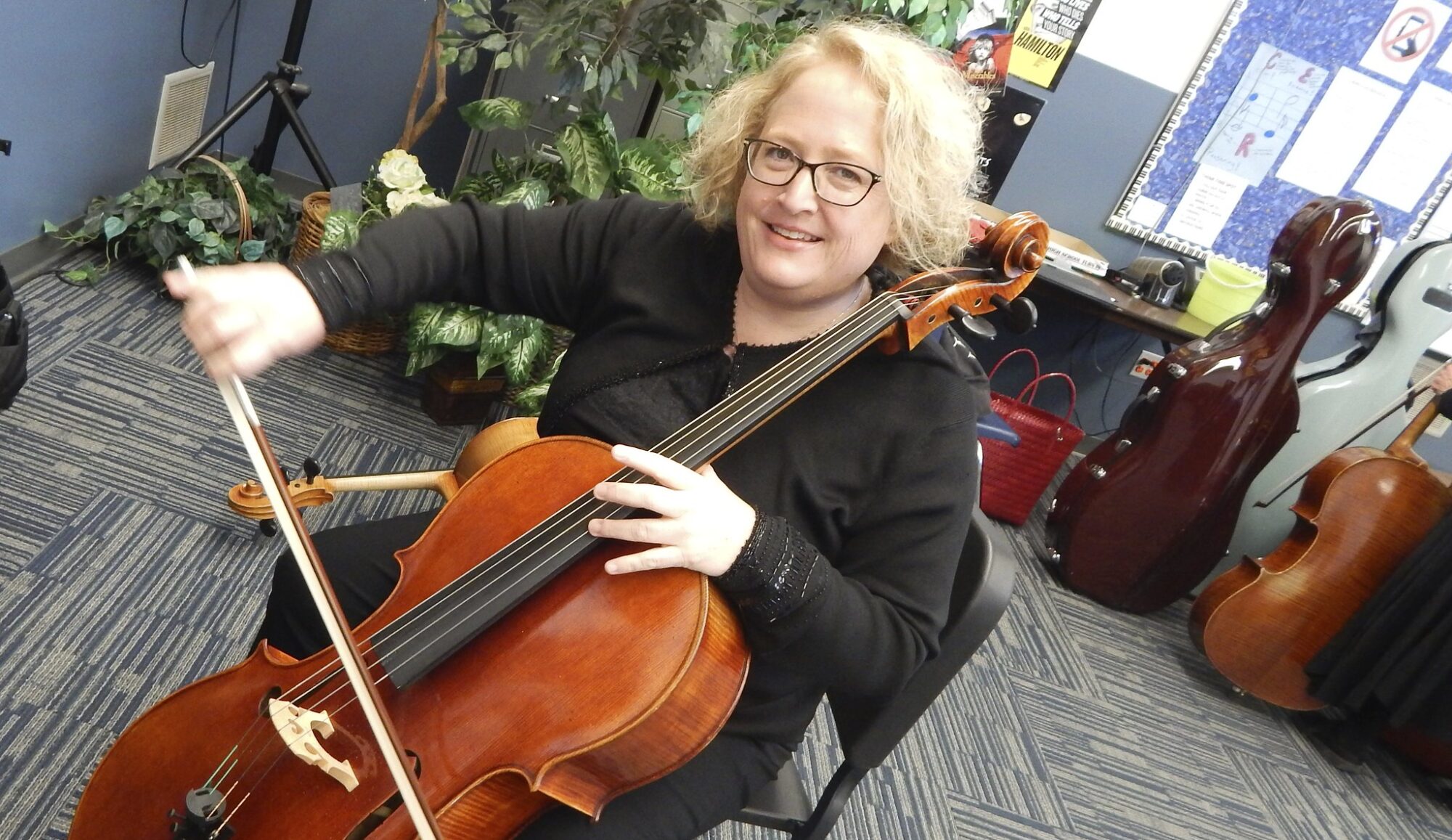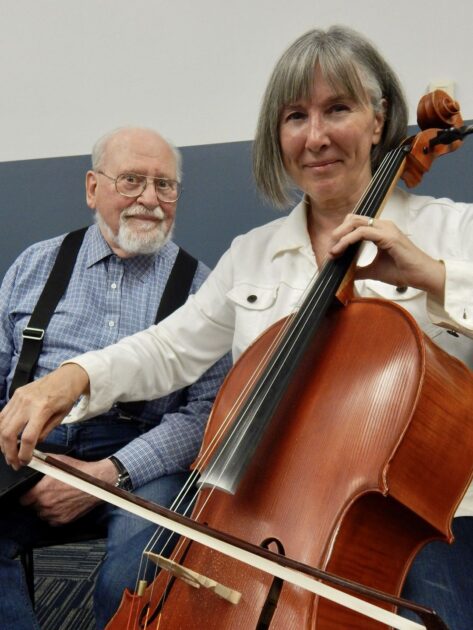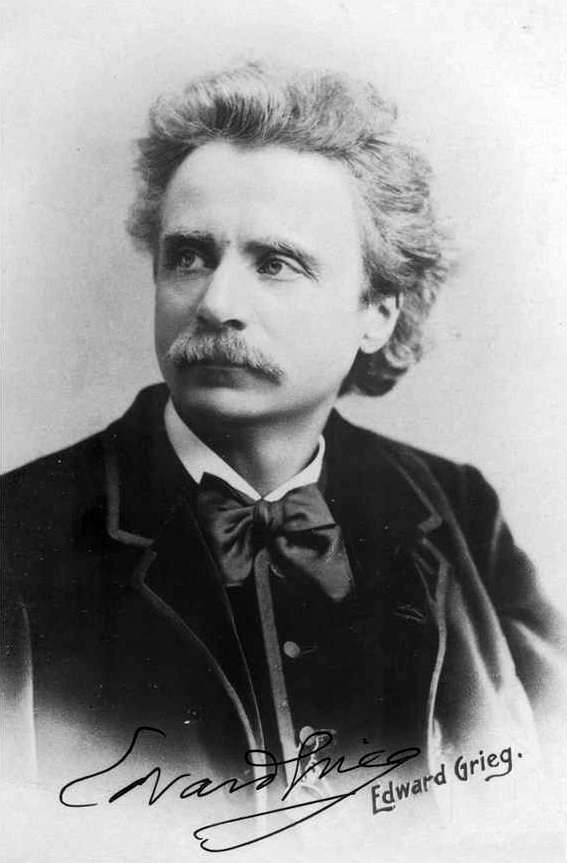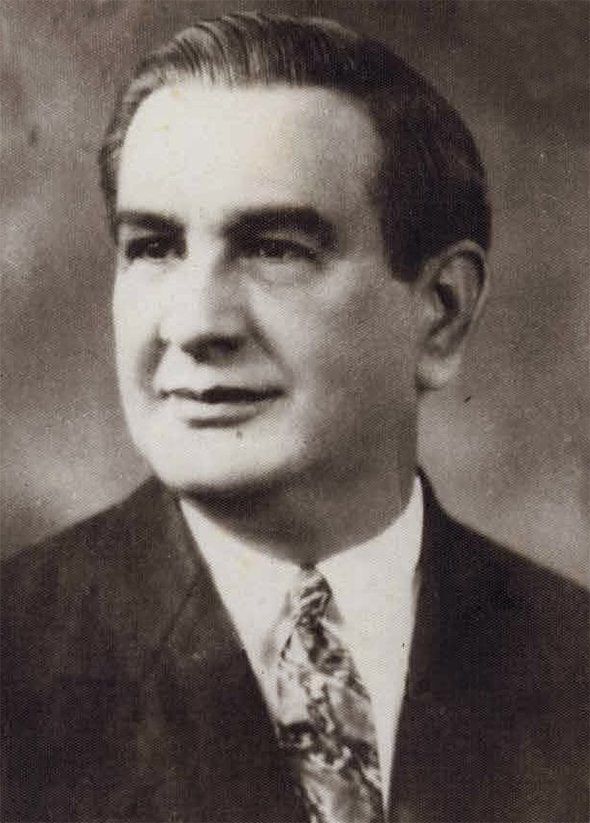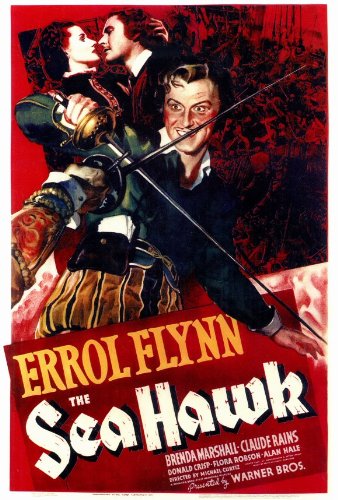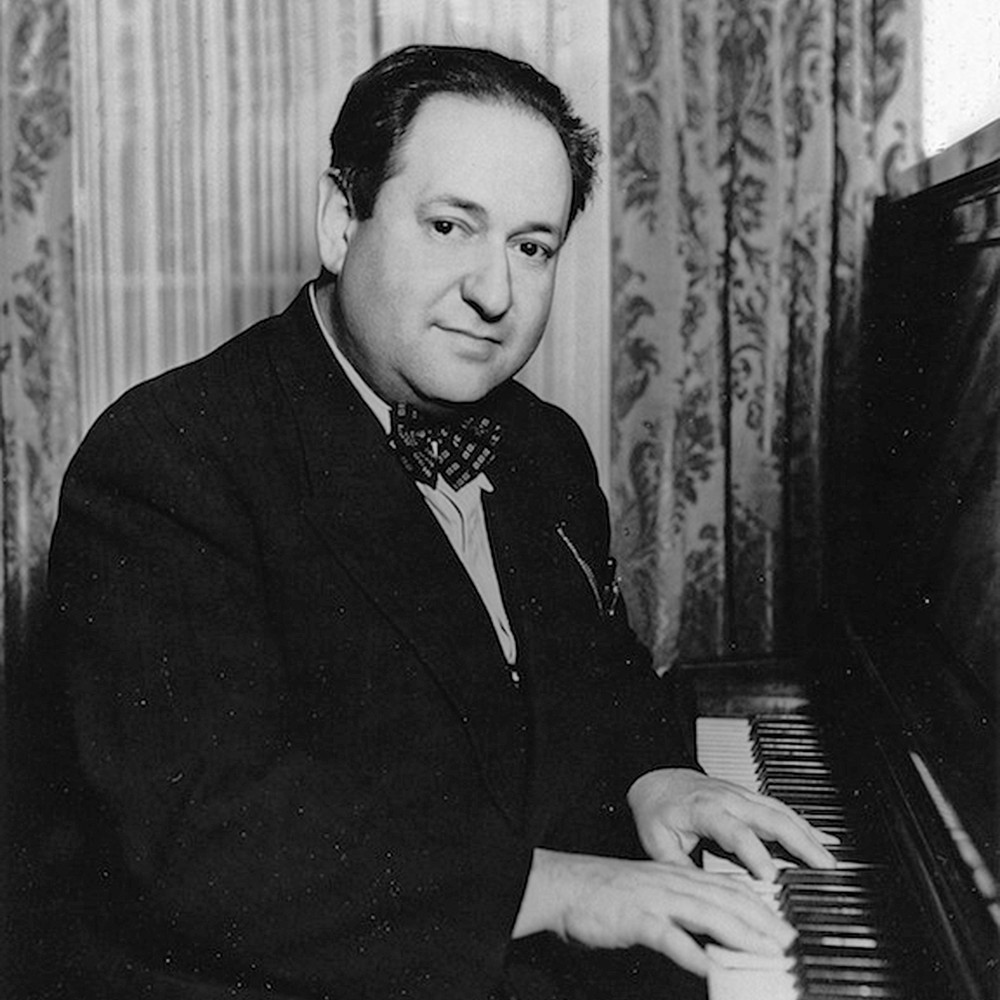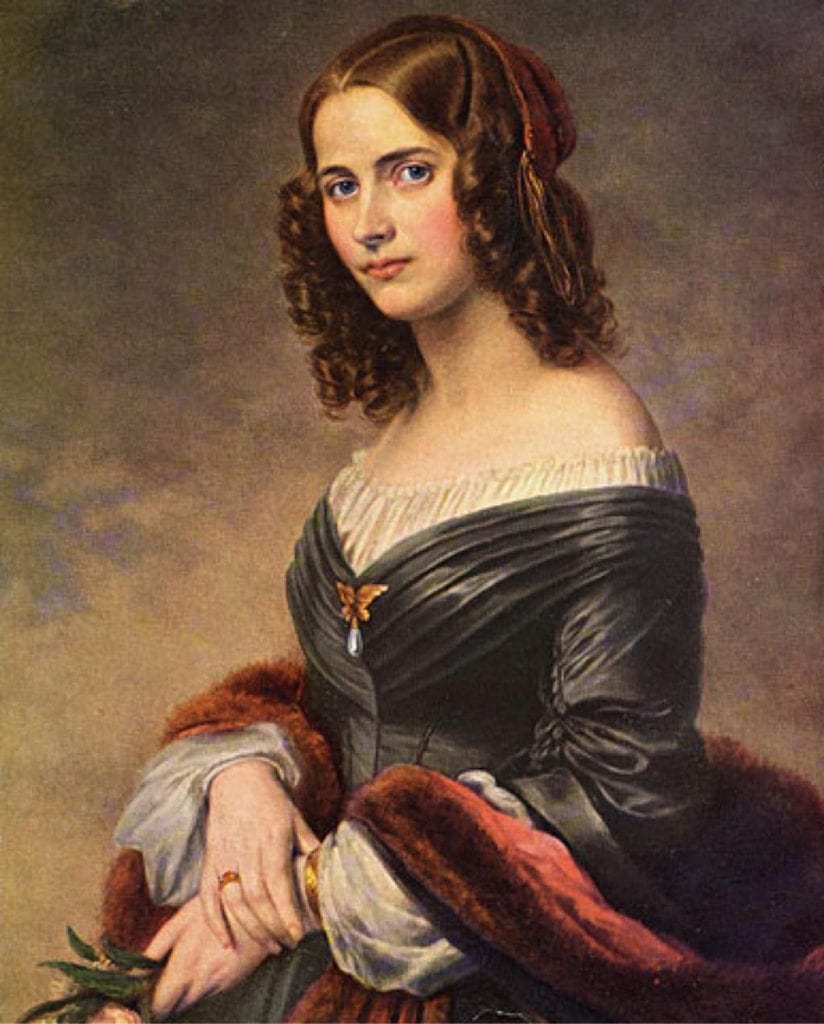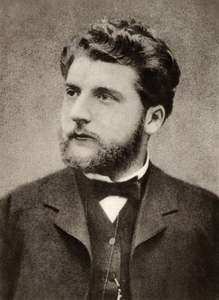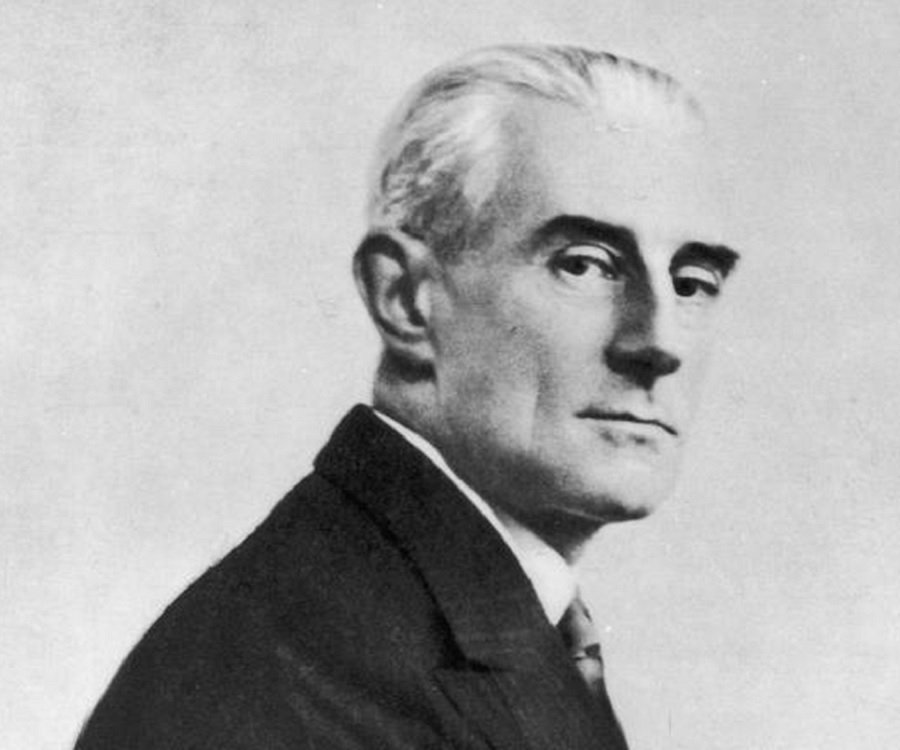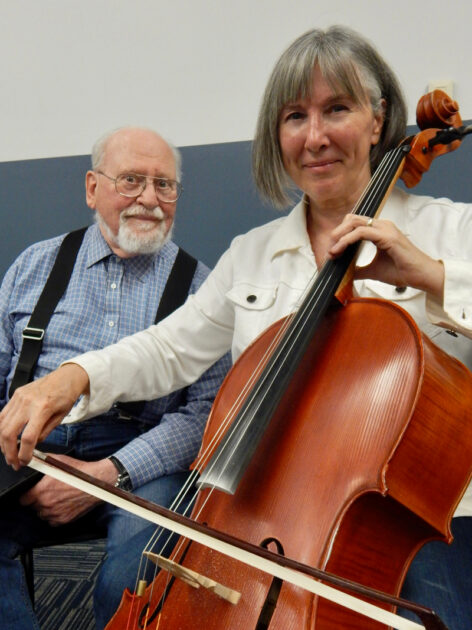
Maestro Tigran Arakelyan will lead a free concert on October 29, 2023 at 2 p.m. at 91 West Valley Road. An open dress rehearsal will be held at 7 p.m. Friday at the Chimacum High School auditorium.
In the summer of 2022, Pamela Roberts attended a rehearsal of the Port Townsend Summer Band during which Karl Bach was conducting three of his compositions for a performance later in the month. Pamela was impressed with Karl’s music.
At that concert later in the month Pamela suggested to Karl that he write a piece for cello and band or cello and orchestra. In February Karl conducted his “Petite Suite for Orchestra” with the Port Townsend Symphony and that afternoon Pamela and Karl talked more about a piece featuring the cello. The result was “Romance for Violoncello and Orchestra.”
Quilcene cellist Pamela Roberts has been a faculty cellist at the University of Puget Sound. She was awarded a 3-year fellowship to the Aspen Music Festival and became principal cellist of the Tacoma Symphony and 5th Avenue Theatre Orchestra. In addition, she has performed as soloist with the Seattle Symphony.
She is principal cellist of the Port Townsend Symphony Orchestra and a Founder/Artistic Director of the PTSO Chamber Music Series.
Karl Bach had a long musical career, starting in the Navy and continuing with a degree in music from George Mason University. After teaching music until his retirement in 2001, he moved to Port Townsend and served as the director of the Summer Band from 2001 until 2017. He was a member of the Port Townsend Orchestra and served as its president for two years.
Over the years, Karl has written music for both the Summer Band and the Port Townsend orchestra. He was intrigued by Pam’s request for a concerto and took some musical ideas that he has had for several years and incorporated them into this romance.
While creating this music, Karl and Pamela talked frequently, with Pamela giving insights into how certain phrases work on a cello. Both agree that the final version is improved with these insights.
Also on the program is Danzón #2 by Arturo Márquez. Márquez was born in the Sonoran Desert in the colonial town of Alamos, Mexico, to a musical family. In junior high school, he began to play musical instruments and compose.
“My adolescence was spent listening to Javier Solis, sounds of mariachi, the Beatles, Doors, Carlos Santana and Chopin,” he said, according to a press release.
After completing studies at the Mexican Music Conservatory, he received a scholarship to study in Paris. A subsequent Fullbright scholarship enabled him to complete studies at the California Institute of the Arts. In the 1990s, he was introduced to the world of Latin Ballroom Dancing, which led him to compose a series of Danzones.
Danzón #2 has become so popular that it is considered the second national anthem of Mexico.
Rounding out the program will be Franz Schubert’s Symphony #8, “Unfinished.” Written in 1822-23, the two-movement work was not premiered until 1865. There are several theories as to why the symphony was never completed, but it was sent as a thank you gift to the Graz Music Society for giving Schubert an honorary diploma. It has always been well received with some identifying it was Schubert’s most beautiful work, organizers said.
For more information, visit ptsymphony.org.
(Text by Jay Bakst)
